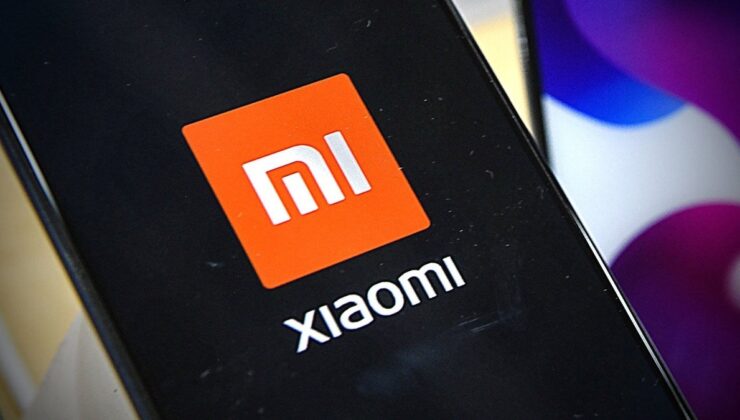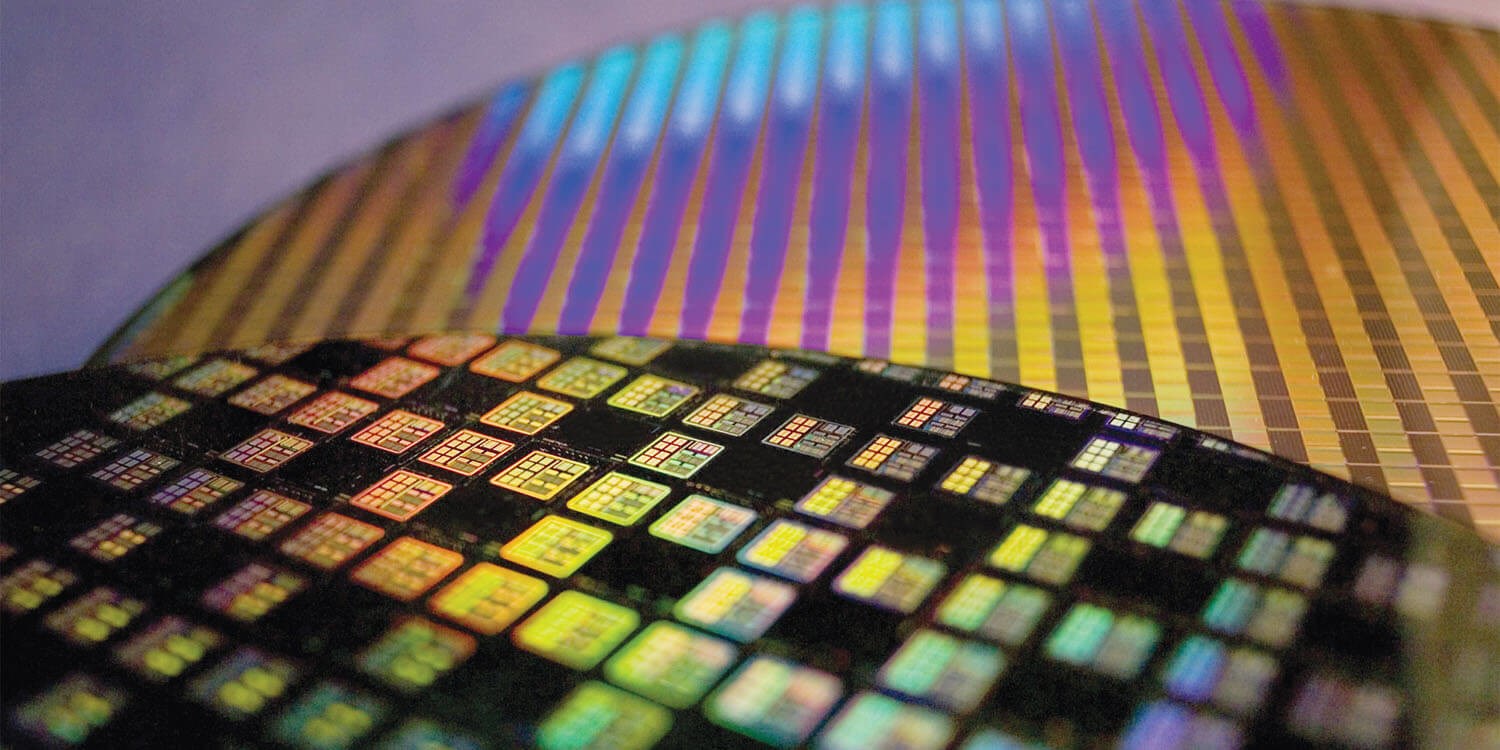

The U.S. government’s escalating restrictions under the Trump administration have increasingly constrained Chinese chipmakers, significantly impacting their design capabilities. Notably, these restrictions have created substantial hurdles for companies like TSMC and have placed Xiaomi in a challenging position.

The Xring O1, Xiaomi’s pioneering processor, initially generated considerable excitement due to its competitive performance, rivaling that of the Snapdragon 8 Elite. Crafted using TSMC’s advanced 3nm technology, the chip’s future now faces uncertainty. The U.S. administration’s decision to ban the provision and utilization of advanced electronic design automation (EDA) tools by Chinese firms has cast a shadow over the Xring’s prospects.
These EDA tools are crucial for developing GAAFET transistor structures within TSMC’s 2nm process, a technology Xiaomi will no longer be able to access. Consequently, future iterations of Xiaomi’s Xring chips may be constrained to the 3nm process, posing a competitive disadvantage. Additionally, Lenovo’s self-designed chip is reportedly facing similar setbacks due to these restrictions.
BİLGİ
1 gün önceSİGORTA
2 gün önceSİGORTA
5 gün önceSİGORTA
10 gün önceSİGORTA
12 gün önceSİGORTA
12 gün önceSİGORTA
13 gün önceSİGORTA
16 gün önceSİGORTA
17 gün önceSİGORTA
18 gün önce 1
DJI Mini 5: A Leap Forward in Drone Technology
20179 kez okundu
1
DJI Mini 5: A Leap Forward in Drone Technology
20179 kez okundu
 2
xAI’s Grok Chatbot Introduces Memory Feature to Rival ChatGPT and Google Gemini
14189 kez okundu
2
xAI’s Grok Chatbot Introduces Memory Feature to Rival ChatGPT and Google Gemini
14189 kez okundu
 3
7 Essential Foods for Optimal Brain Health
13039 kez okundu
3
7 Essential Foods for Optimal Brain Health
13039 kez okundu
 4
Elon Musk’s Father: “Admiring Putin is Only Natural”
12895 kez okundu
4
Elon Musk’s Father: “Admiring Putin is Only Natural”
12895 kez okundu
 5
Minnesota’s Proposed Lifeline Auto Insurance Program
10757 kez okundu
5
Minnesota’s Proposed Lifeline Auto Insurance Program
10757 kez okundu
Sigorta Güncel Sigorta Şikayet Güvence Haber Hasar Onarım Insurance News Ajans Sigorta Sigorta Kampanya Sigorta Ajansı Sigorta Sondakika Insurance News